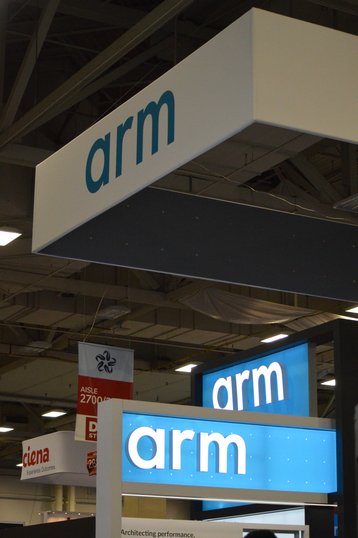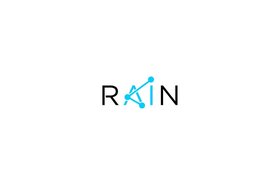Chip designer Arm has posted a 39 percent increase in quarterly revenue, totaling $939 million for the three-month period ending June 30.
In an interview with Reuters, CFO Jason Child told the news outlet that the company was seeing “more investment [in artificial intelligence] than we saw even 90 days ago.”
It was reported in May that the company is expected to launch its first AI chip in 2025.
Writing on LinkedIn, Arm said the results represented the fourth consecutive set of record results for the company.
License and other revenue reached $472 million for the quarter, up 72 percent year-over-year (YoY), with Arm attributing the growth to “multiple high-value license agreements being signed.” Meanwhile, the company’s royalty revenue totaled $467m, a YoY increase of 17 percent, driven by the “rapidly increasing penetration of Armv9-based chips.”
In a letter to its shareholders after the results were released, Arm said its long-term strategy would be supported by “multiple growth drivers,” including increasing chip complexity to drive royalty revenue growth, creating demand for more energy-efficient compute, and using Compute Subsystems to increase time to market.
“All combined, we expect Arm’s long-term strategy to provide sustainable growth for years and decades to come,” the letter read.
The company also said that as of this quarter, it would no longer be disclosing the volume of Arm-based chips that were shipped, with Child and Rene Haas, the CEO of Arm, stating: “As we shift our focus to higher-value, lower-volume markets such as data center servers, AI accelerators and smartphone applications processors, the number of chips reported as shipped is less representative of our performance as the growth in royalty revenue is concentrated in a smaller number of chips.”
Despite the double-digit revenue growth, Arm saw its shares fall by more than 13 percent in extended trading on Wednesday. The company’s shares had already taken a hit late last month alongside Nvidia, AMD, Microsoft, and Google, with the slump attributed to concerns surrounding return on investment in AI.
During the week commencing July 22, Arm shares declined by 6.79 percent.







